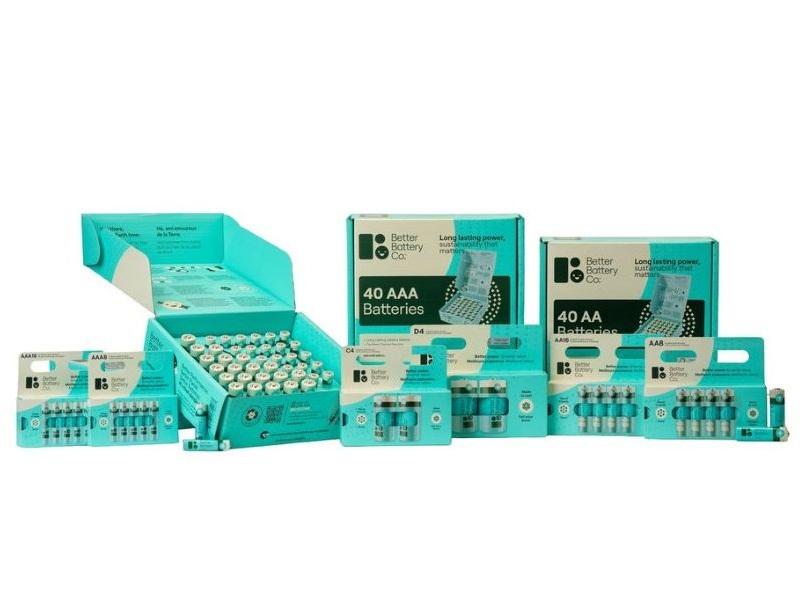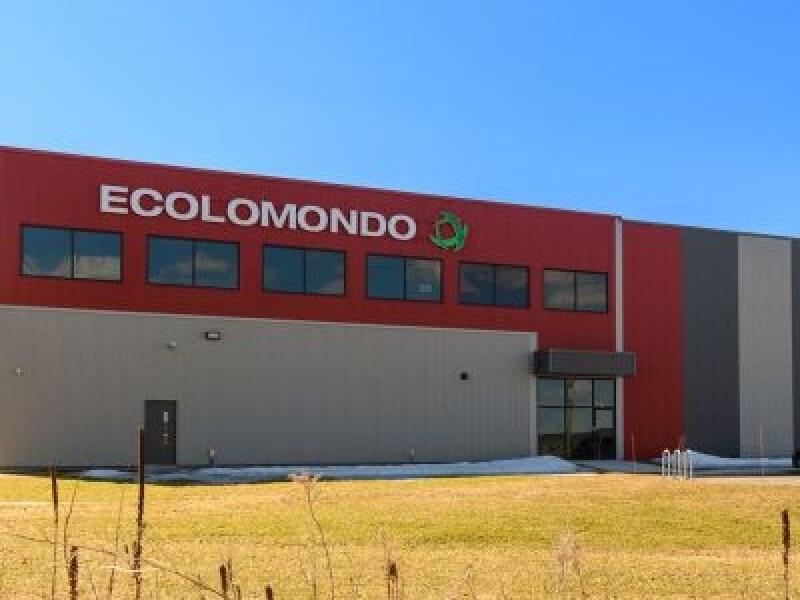
A partnership for a renewable natural gas (RNG) facility near High River, Alta. between Calgary-based Tidewater Renewables Ltd. (LCFS-T) and Rimrock Renewables LP has received the province’s environmental approval, setting the stage for Tidewater’s first RNG project.
The proposed RNG facility, named the Rimrock Biodigester Natural Gas Facility, is planned to be adjacent to Rimrock Cattle Company’s feedlot that holds up to 58,000 head of cattle. The manure would be processed at the biodigester facility, where biogas would be produced and injected into a gas line.
Enough RNG to heat approximately 6,000 homes per year will be produced at the Rimrock facility, Tidewater Renewables CEO and chairman Rob Colcleugh told Sustainable Biz Canada in an interview.
"This approval, on the heels of our previously announced commencement of commercial operations at our renewable diesel facility in Prince George, British Columbia, demonstrates Tidewater Renewables' continued commitment to pursue projects that provide clean energy today,” Colcleugh said in a release.
Tidewater Renewables is majority owned by Tidewater Midstream & Infrastructure Ltd., a natural gas company, and is behind Canada’s first renewable diesel facility.
About the Rimrock RNG facility
The Rimrock facility is planned to be sited in Foothills County, south of Calgary and 5.5 kilometres west of High River.
According to the Rimrock project’s website, the raw manure will be transported through an internal road from the feedlot. Upon reaching the facility, the manure would be set inside one of six anaerobic digesters to produce biogas and digestate, a leftover solid material from biodigestion.
The biogas would be put through activated carbon filters and ammonia scrubbing vessels to extract volatile organic compounds, ammonia and hydrogen sulfide. The biogas output is RNG while the digestate can be turned into a fertilizer.
To address local concerns, the facility is designed to minimize leaching into the local environment and abate odours.
The RNG will serve the community in Foothills County, and Fortis BC signed a 20-year offtake agreement with Rimrock Renewables to purchase up to 525,000 gigajoules of RNG per year. The green credits produced by the RNG would be purchased by Fortis BC as part of the Clean BC Roadmap to 2030 program.
Colcleugh anticipates the project will cost approximately $80 million.
“Our business is a free cash flowing renewables company, so we’ve got the capacity to fund it ourselves,” he said.
By capturing methane from the biogas and reducing the need for fossil fuels, the Rimrock facility will offset 40,000 tonnes of carbon dioxide equivalent per year, according to Denny Boisvert, director of capital projects at Tidewater Renewables, who spoke to Sustainable Biz Canada in an interview.
Colcleugh said the completion of the Rimrock facility depends on the state of remaining municipal approvals.
“One of the drivers is when we could pour cement. Of course we can’t end up pouring cement in the winter time. So we want to time it such that we got all of our regulatory approvals in hand before we start.”
Some ground has been broken, but he said there is no formal launch of the project yet. The Rimrock project website puts a tentative construction start beginning in Q1 to Q4 2024, depending on regulatory approval.
Tidewater Renewables has other renewable fuel projects in “various stages of engineering,” Colcleugh said, and is looking for other opportunities in RNG.










